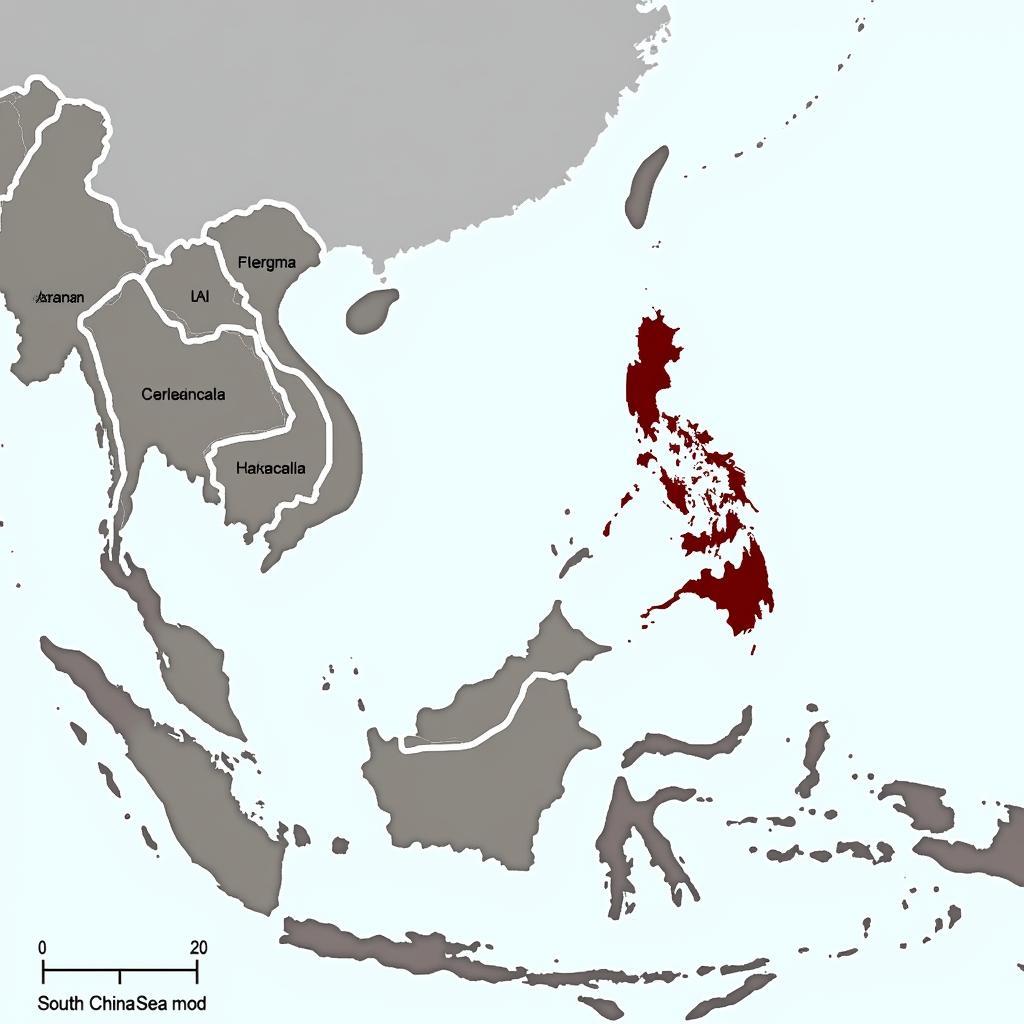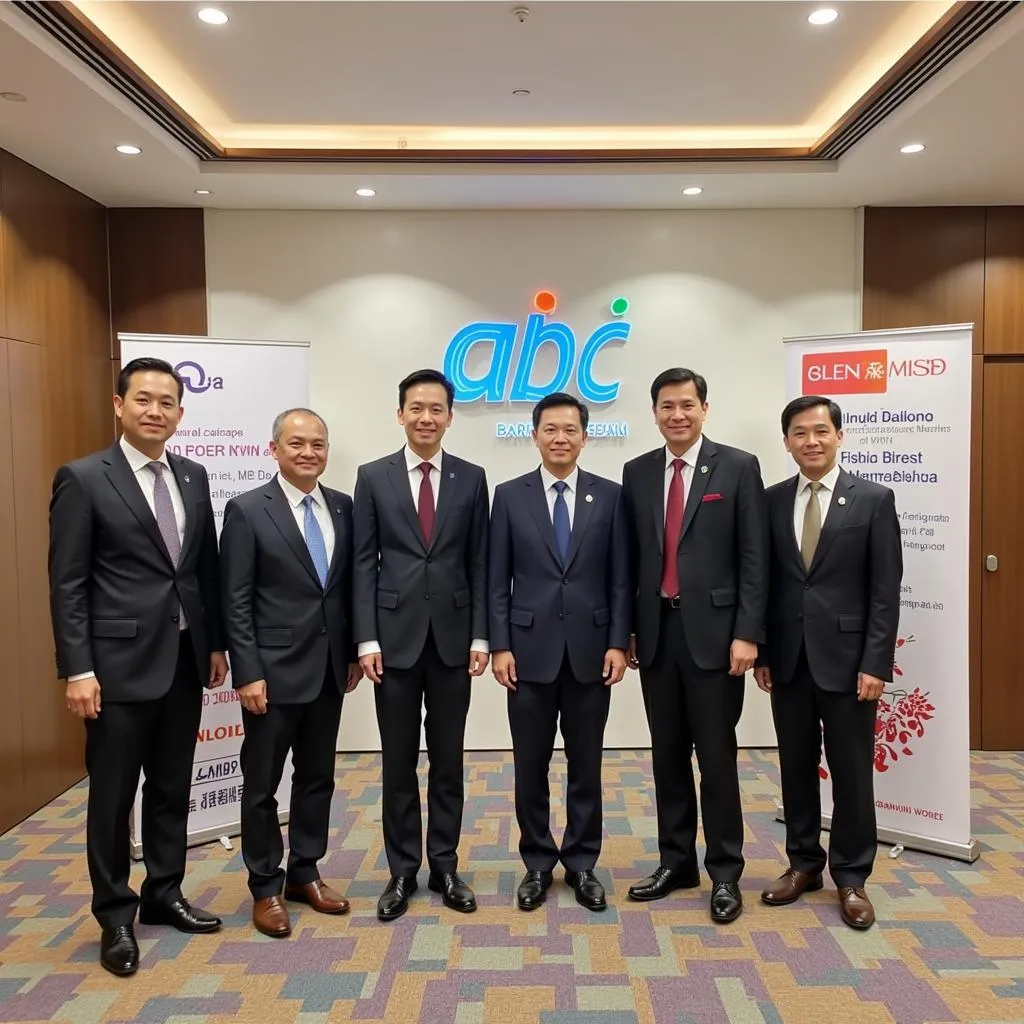The assertion that “ASEAN is pointless” is a bold statement, one often thrown around without a nuanced understanding of the organization’s complexities and the geopolitical landscape it navigates. While ASEAN, the Association of Southeast Asian Nations, has faced its fair share of criticisms, labeling it as entirely “pointless” is a gross oversimplification. This article delves into the intricacies of ASEAN, exploring its achievements, challenges, and future prospects, ultimately demonstrating that while the organization may not be perfect, it remains a vital force for cooperation and development in Southeast Asia.
Understanding ASEAN’s Role and Significance
Formed in 1967, ASEAN brought together a diverse group of nations with distinct histories, cultures, and political systems. At its core, ASEAN aims to foster economic growth, social progress, and cultural development among its member states. It strives to promote regional peace and stability through adherence to the principles of mutual respect, non-interference, and peaceful resolution of disputes.
The Argument Against: Why Some Deem ASEAN “Pointless”
Critics often point to ASEAN’s perceived inability to act decisively on critical issues. The organization’s consensus-based approach, while promoting inclusivity, can lead to slow decision-making processes, particularly when dealing with sensitive topics where member states hold diverging interests.
 Map of the South China Sea Dispute
Map of the South China Sea Dispute
The South China Sea dispute is a prime example where ASEAN’s limitations are often highlighted. The organization’s failure to present a united front against China’s assertive actions in the disputed waters has led some to question its effectiveness in safeguarding regional security.
Furthermore, ASEAN’s non-interference principle, while intended to foster trust and cooperation, is often criticized for preventing the organization from addressing domestic issues within member states, even in cases of human rights violations or democratic backsliding.
Beyond the Criticism: ASEAN’s Achievements and Potential
Despite the criticisms, dismissing ASEAN as “pointless” ignores the significant progress made in various areas. The organization has played a pivotal role in:
- Promoting economic integration: ASEAN has established a free trade area, lowered trade barriers, and facilitated cross-border investments, leading to substantial economic growth within the region.
- Enhancing regional connectivity: Through infrastructure development projects and streamlined visa policies, ASEAN has fostered closer ties between member states, promoting people-to-people exchanges and cultural understanding.
- Strengthening regional security: Despite challenges, ASEAN has established platforms for dialogue and cooperation on security issues, including transnational crime, terrorism, and maritime security.
- Elevating Southeast Asia’s global standing: As a bloc, ASEAN has become a more influential player on the global stage, engaging in dialogue and cooperation with major powers and international organizations.
Looking Ahead: ASEAN’s Evolution and Future
ASEAN’s journey is far from over. The organization faces ongoing challenges, including navigating geopolitical rivalries, bridging development gaps among member states, and addressing the impacts of climate change.
To remain relevant and effective, ASEAN must continue to adapt and evolve. This includes:
- Strengthening its decision-making processes: Finding a balance between consensus-building and the need for decisive action on critical issues is crucial.
- Enhancing its institutional capacity: Investing in its secretariat and specialized bodies will enable ASEAN to better address complex challenges.
- Deepening engagement with civil society: Embracing a more inclusive approach that incorporates the voices of civil society organizations, businesses, and citizens will be vital for ASEAN’s long-term legitimacy and effectiveness.
Conclusion: ASEAN – Imperfect Yet Indispensable
While ASEAN may not always live up to lofty expectations, it has undeniably played a transformative role in Southeast Asia. The organization provides a vital platform for dialogue, cooperation, and conflict resolution, fostering peace, stability, and prosperity within a region of immense diversity and complexity.
Dismissing ASEAN as “pointless” disregards the nuances of its history, achievements, and future potential. The organization, while imperfect, remains an indispensable actor in the evolving geopolitical landscape of Southeast Asia and the wider Indo-Pacific region. Its continued success will depend on its ability to adapt to new challenges, strengthen its institutional capacity, and embrace a more inclusive approach that reflects the aspirations of all its member states and their people.
FAQs About ASEAN
1. What is the main purpose of ASEAN?
ASEAN’s primary goal is to accelerate economic growth, social progress, and cultural development among its member states. It also aims to promote regional peace and stability through dialogue and cooperation.
2. What are some of ASEAN’s biggest successes?
ASEAN has been instrumental in creating a free trade area, facilitating regional connectivity, and elevating Southeast Asia’s global standing.
3. Why do some people criticize ASEAN?
Critics often point to ASEAN’s slow decision-making processes, its non-interference principle, and its perceived inability to effectively address issues like the South China Sea dispute.
4. What are the biggest challenges facing ASEAN today?
ASEAN faces challenges such as navigating geopolitical rivalries, addressing development gaps among member states, and tackling transnational issues like climate change.
5. What does the future hold for ASEAN?
ASEAN’s future hinges on its ability to adapt, strengthen its institutions, and deepen engagement with all stakeholders, including civil society.
Need further information about ASEAN?
Contact us:
Phone: +84 369 020 373
Email: [email protected]
Address: Ngoc Lien Village, Hiep Hoa, Bac Giang, Vietnam
Our customer service team is available 24/7 to assist you.

